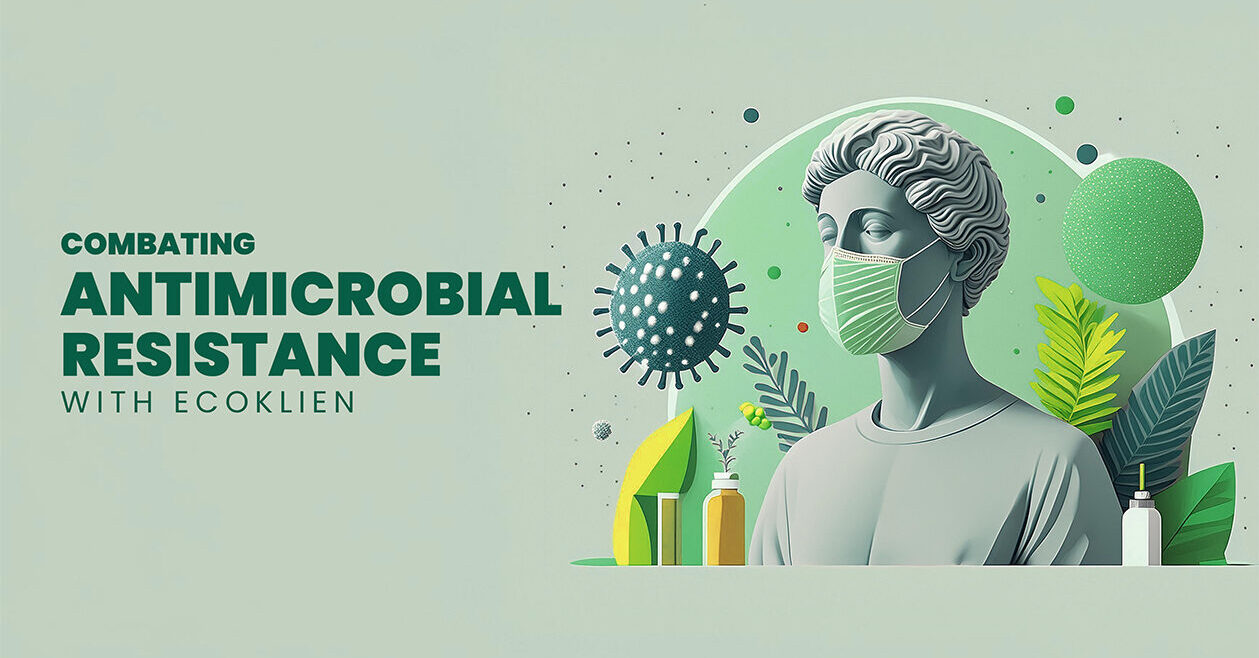It is one of the top global public health and development threats. It is estimated that bacterial AMR was directly responsible for 1.27 million global deaths in 2019 and contributed to 4.95 million deaths
What are Antimicrobials?
Antimicrobials – including antibiotics, antivirals, antifungals and antiparasitics – are medicines used to prevent and treat infections in humans, animals and plants. Microorganisms that develop antimicrobial resistance are sometimes referred to as “superbugs”. – source
What is Antimicrobial Resistance?
According to WHO, antimicrobial resistance (AMR) occurs when bacteria, viruses, fungi and parasites change over time and no longer respond to medicines making infections harder to treat and increasing the risk of disease spread, severe illness and death. As a result, the medicines become ineffective and infections persist in the body, increasing the risk of spreading to others.
CDC defines it as – Antimicrobial resistance happens when germs like bacteria and fungi develop the ability to defeat the drugs designed to kill them. That means the germs are not killed and continue to grow. Resistant infections can be difficult, and sometimes impossible, to treat.
Key Causes of Antimicrobial Resistance:
- Overuse & Misuse of Antibiotics
- Untreated or Improperly Treated Hospital Waste
- Agricultural use of Antobiotics
- Global Travel & Trade
Want to know about the role of Hospital Waste in Antimicrobial Resistance?
Linked In This Page:
Battle Antimicrobial Resistance – Biomedical Liquid Waste
Biomedical liquid waste management has become more crucial than ever. …

